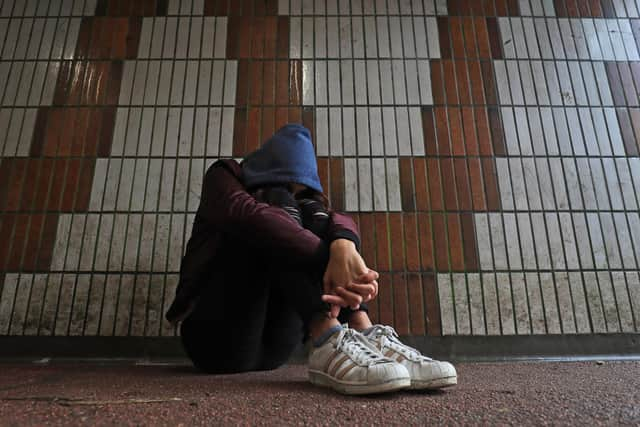Rising number of vulnerable children and kids in Portsmouth 'no surprise' to charity as statistics climb above pre-pandemic levels
and live on Freeview channel 276
The Children's Society said the pandemic had a significant toll on children’s wellbeing and left them more exposed to problems at home.
Portsmouth had 1,736 children in need on March 31 this year – rising by 6 per cent from 1,633 a year before. The statistics are also up 5 per cent on the 1,661 children in March 2020, who were largely identified before the pandemic.
Advertisement
Hide AdAdvertisement
Hide Ad

Sarah Wayman, The Children's Society head of policy and research, said there was ‘no surprise’ about more children needing social care services.
She added: ‘We have seen through our practice and research how successive lockdowns left many children feeling more worried about everything from Covid to missing school, exams, friends and their future.
"All this takes its toll on children’s wellbeing and can lead to mental health conditions like anxiety and depression, and we have seen evidence of that in our frontline services.
‘Lockdowns also meant some children may have been left more exposed to problems at home, with little respite from challenges and risks there.’
Advertisement
Hide AdAdvertisement
Hide AdSEE ALSO: Portsmouth Dream Catchers nursery plan in Cosham splits opinion - and has left neighbours 'in tears'
There were 3,704 referrals made to children’s social care services as of March 2022 in Portsmouth.
The rate of children in need in Portsmouth was 397 per 10,000 kids this year – considerably higher than England’s overall rate of 334 per 10,000.
The figures, from the Department of Education's annual children in need census, includes unborn children and young people on social care and protection plans, people looked after by local authorities, disabled children, and young people over 18 receiving support from children’s services.